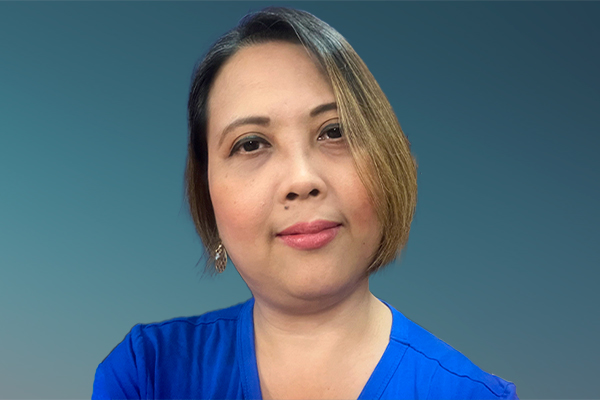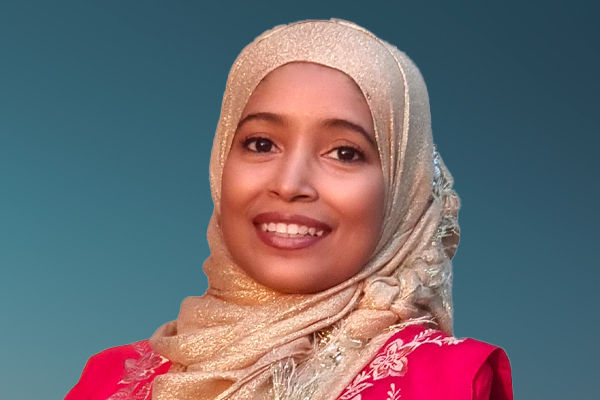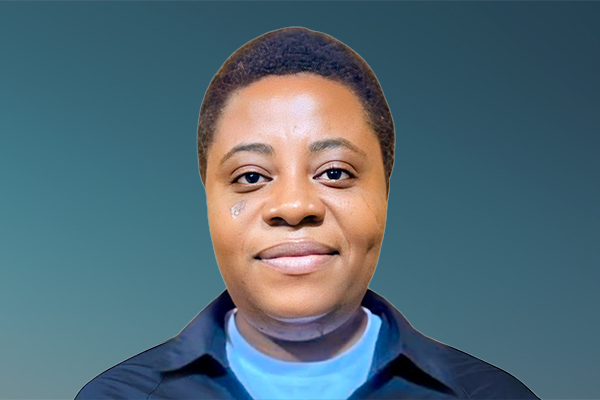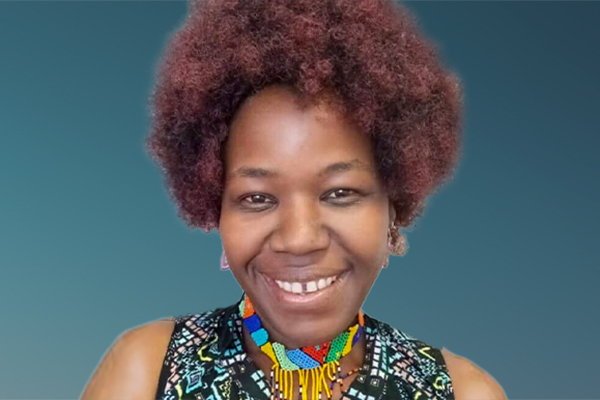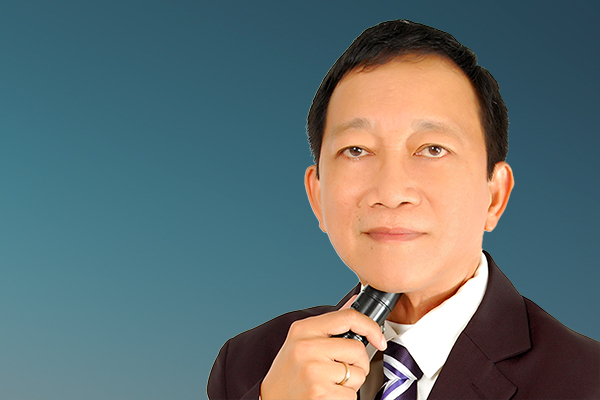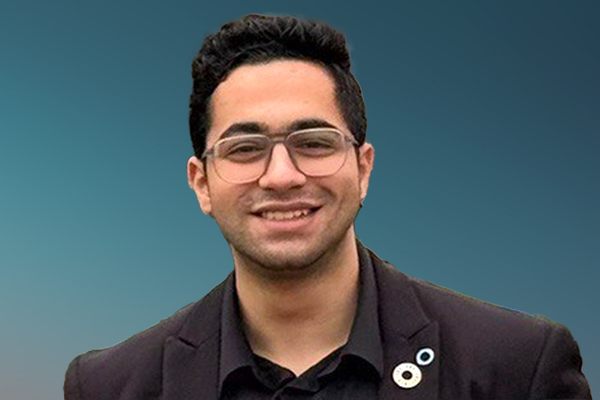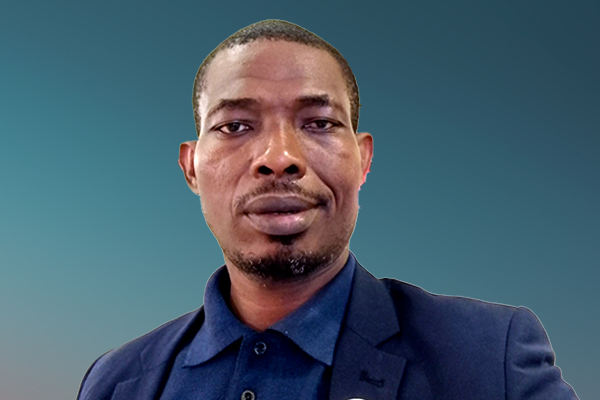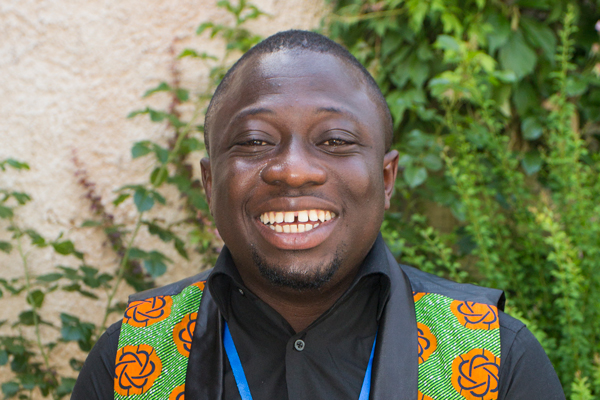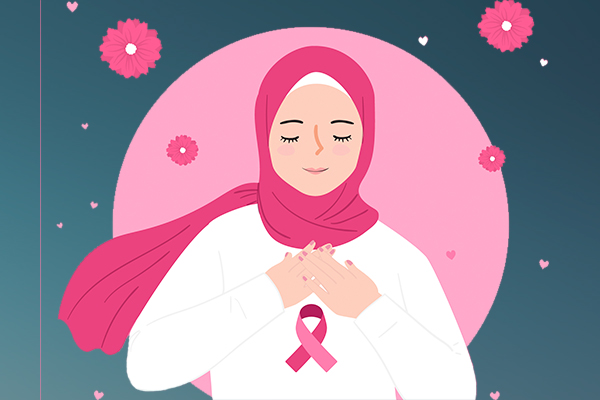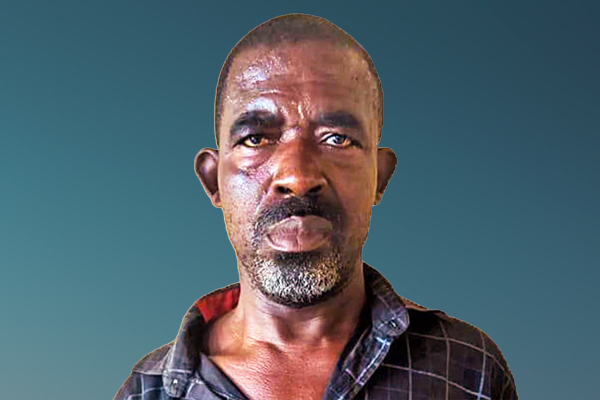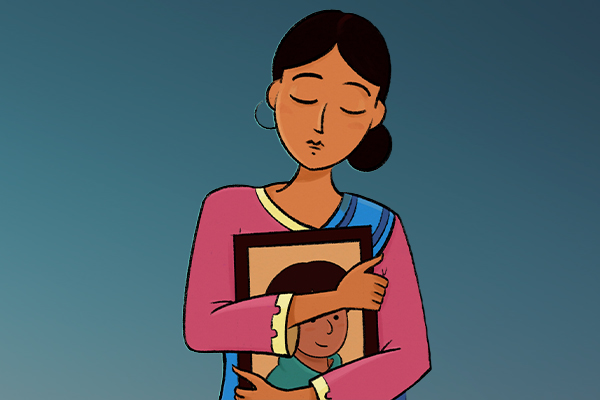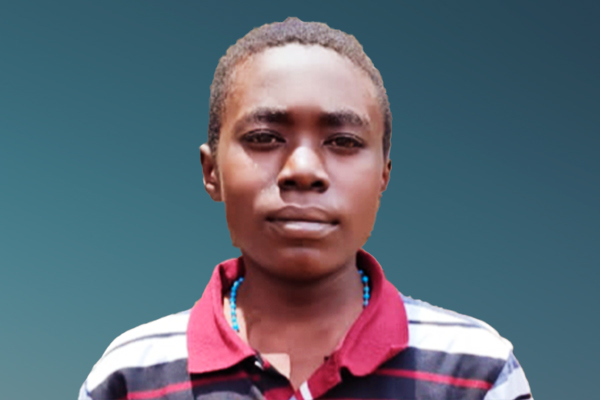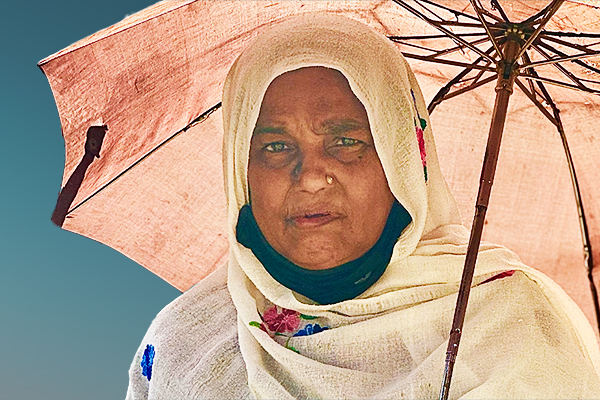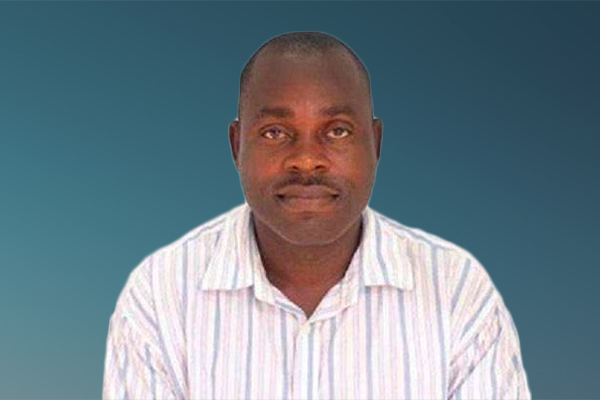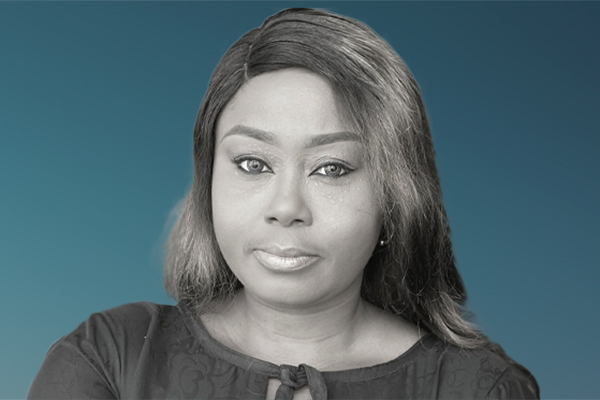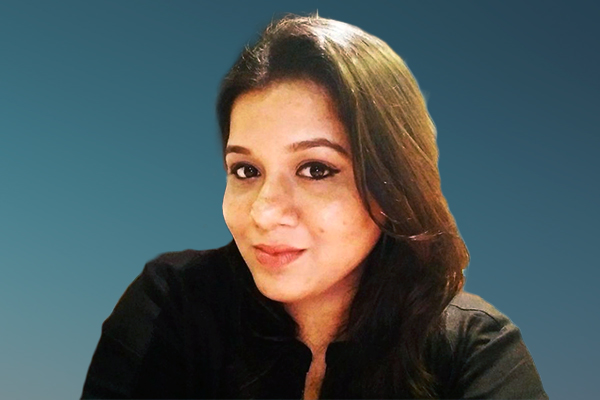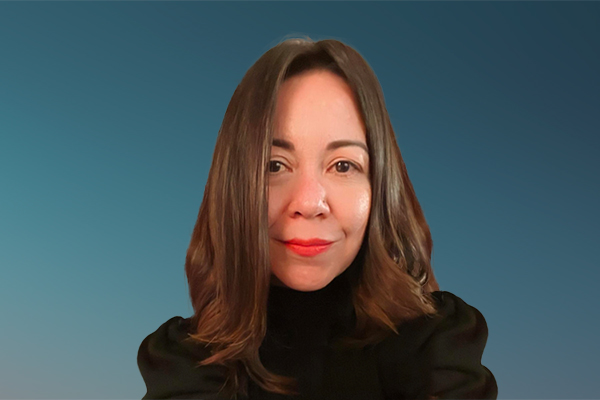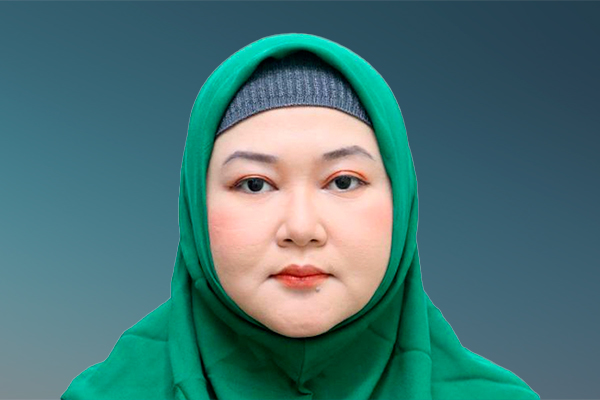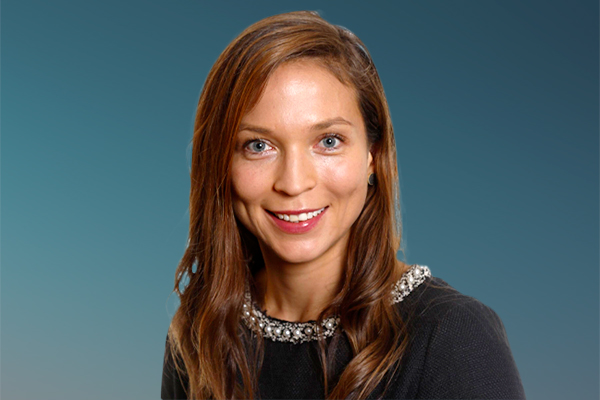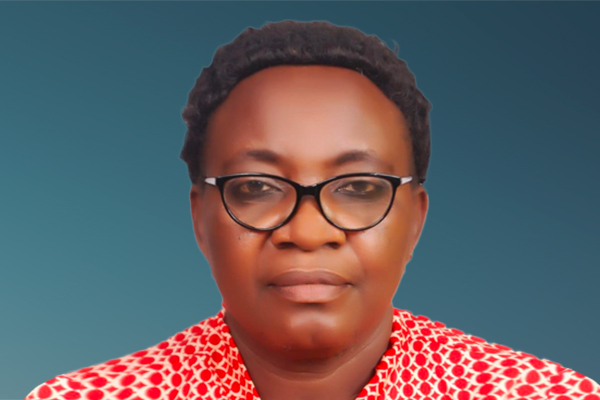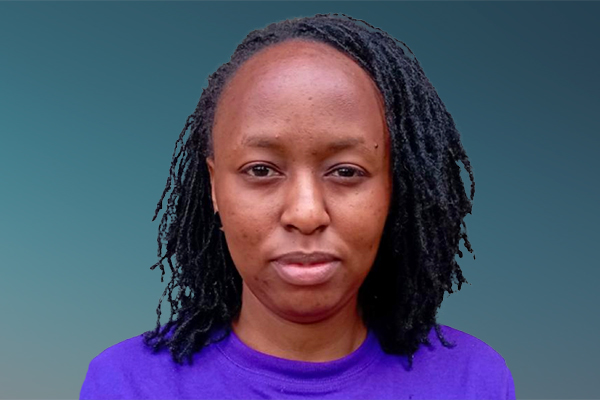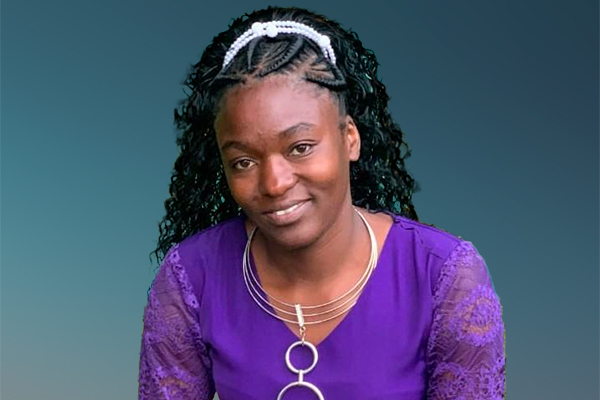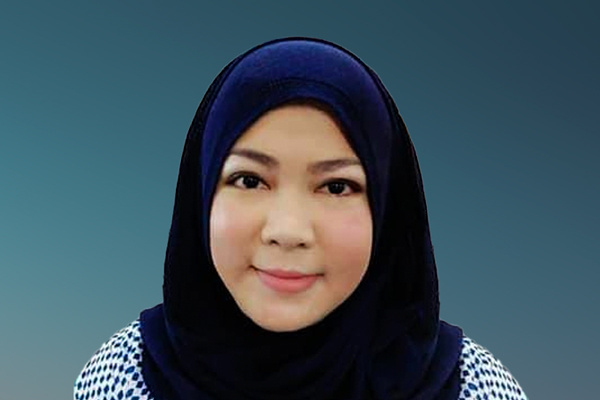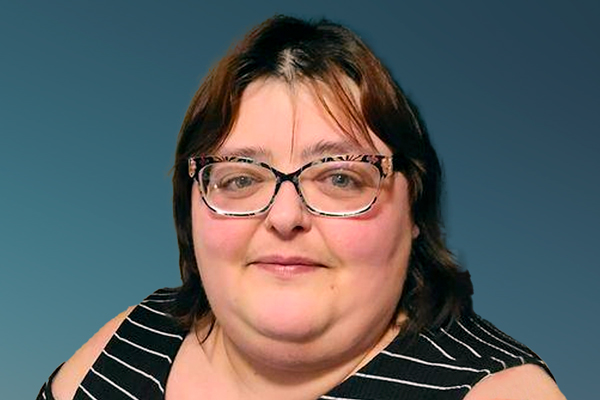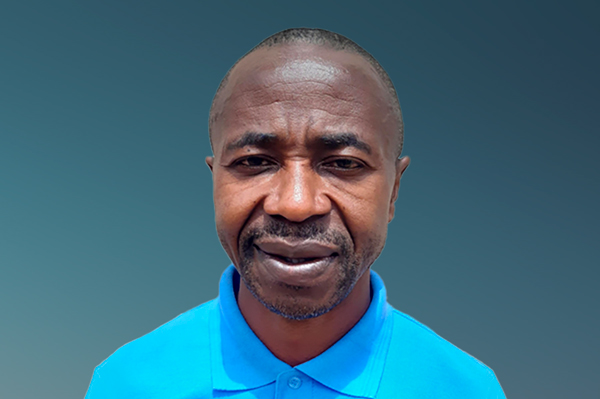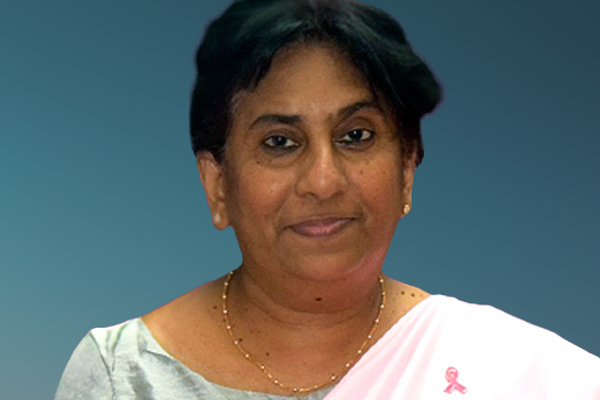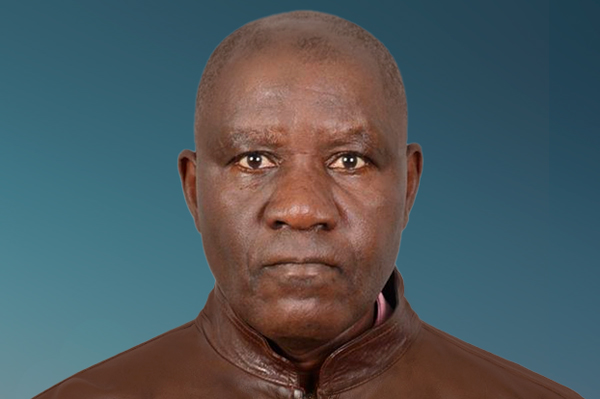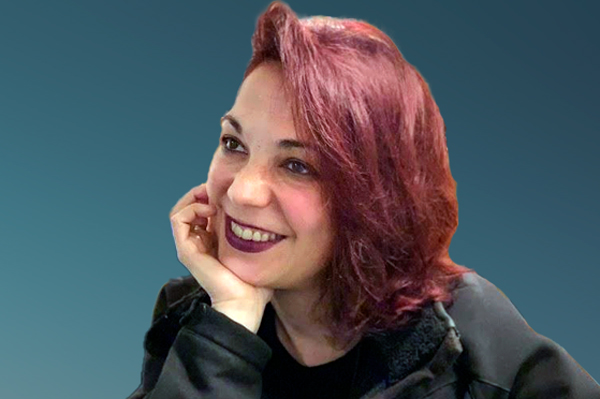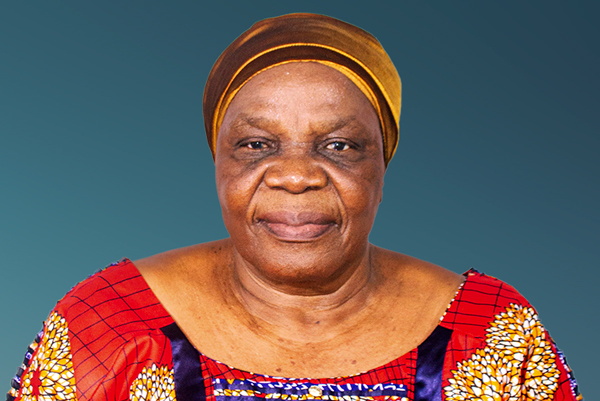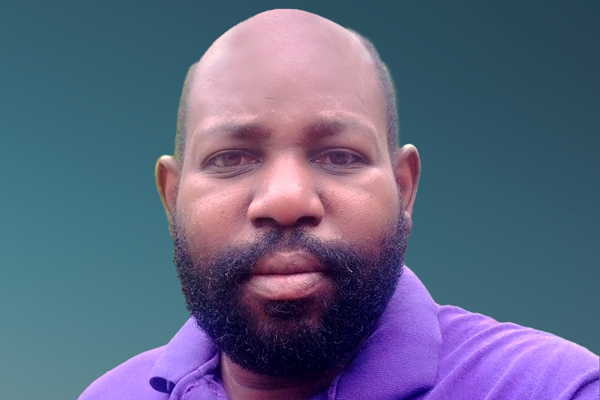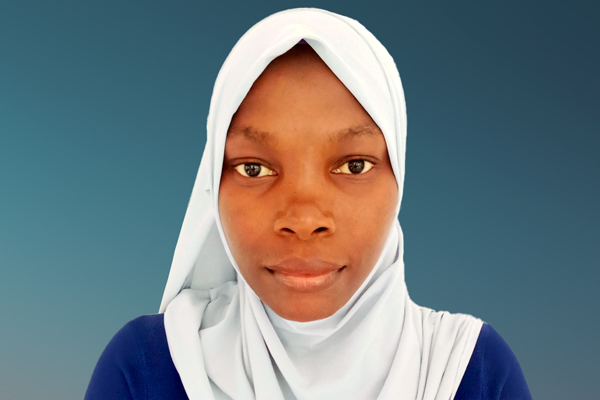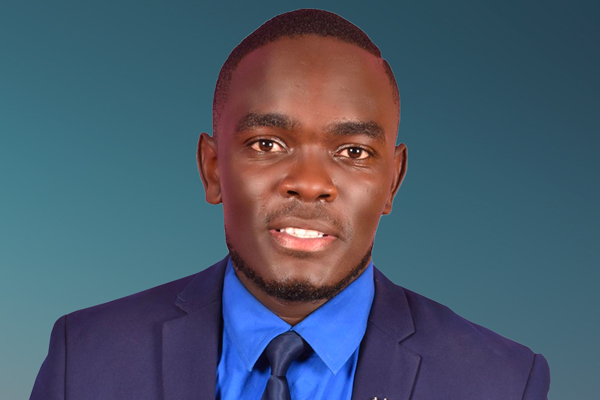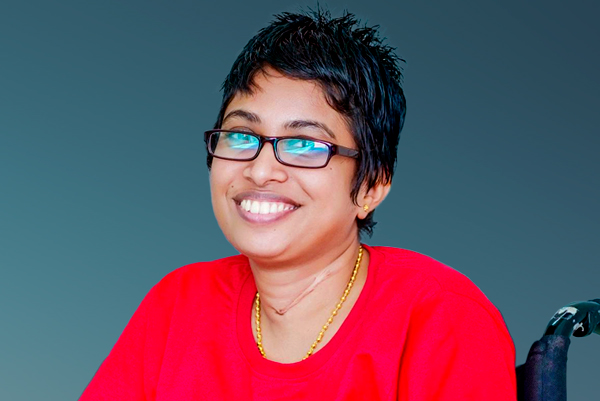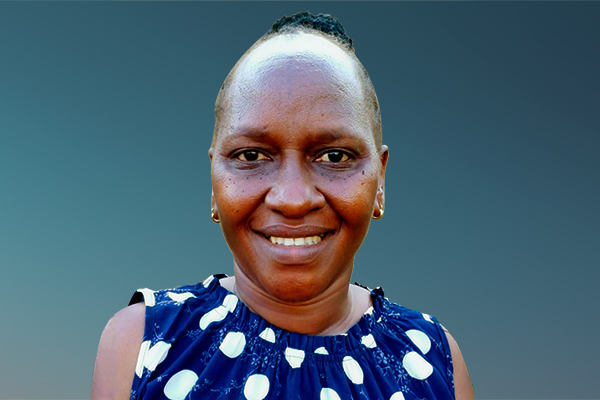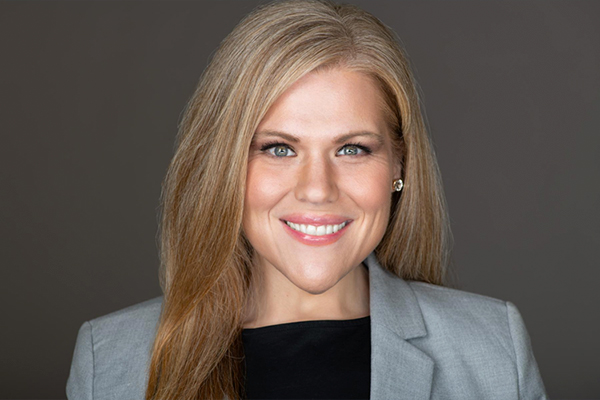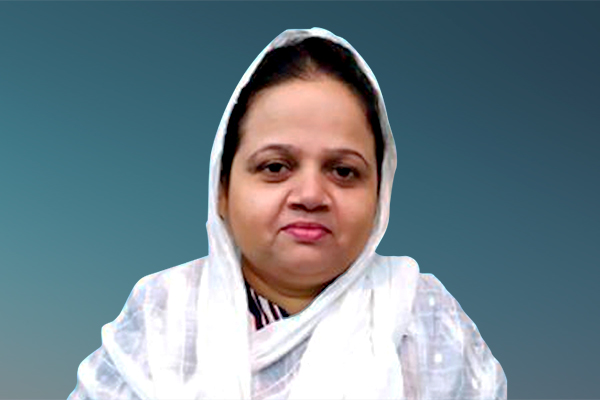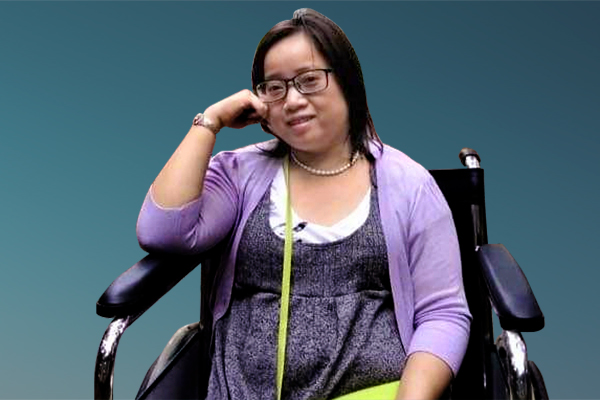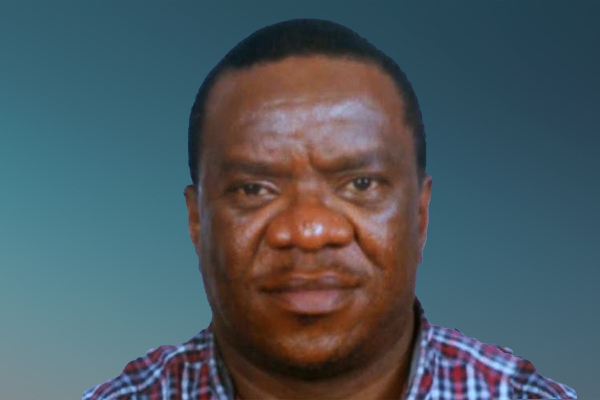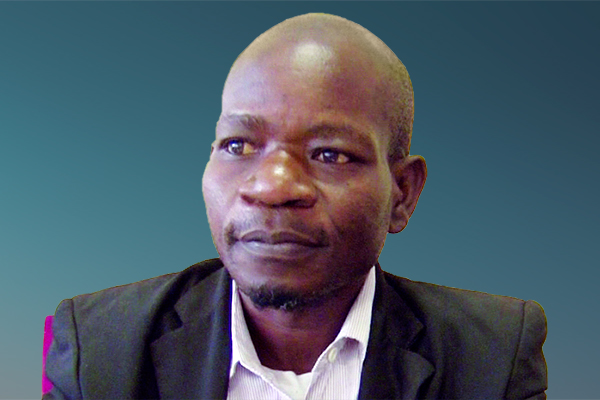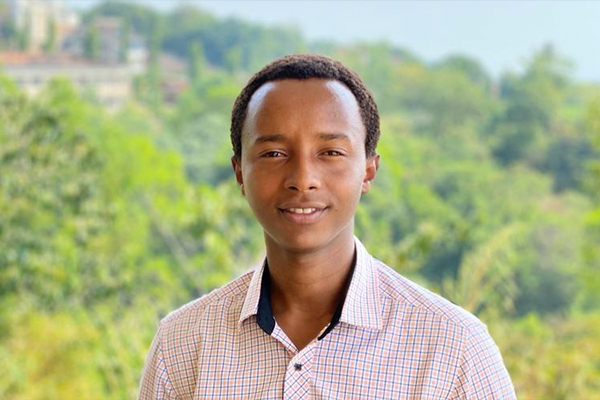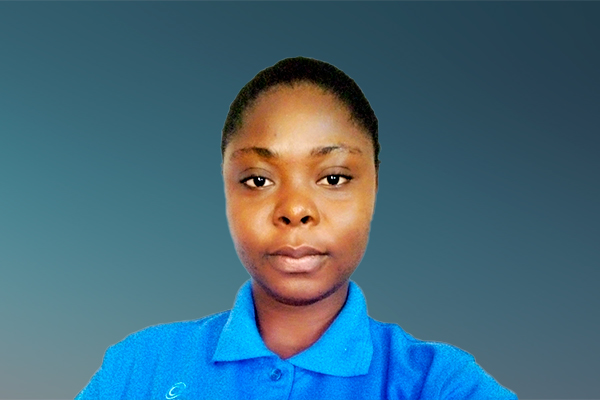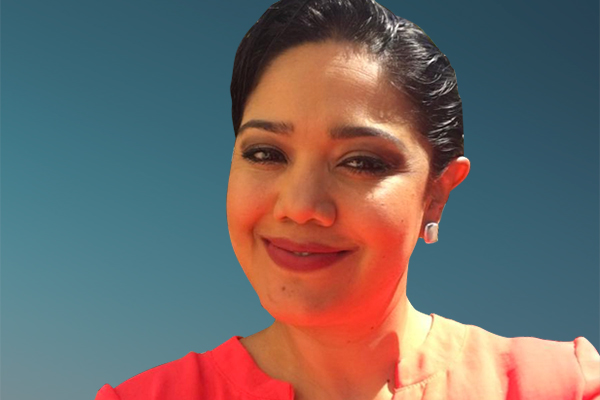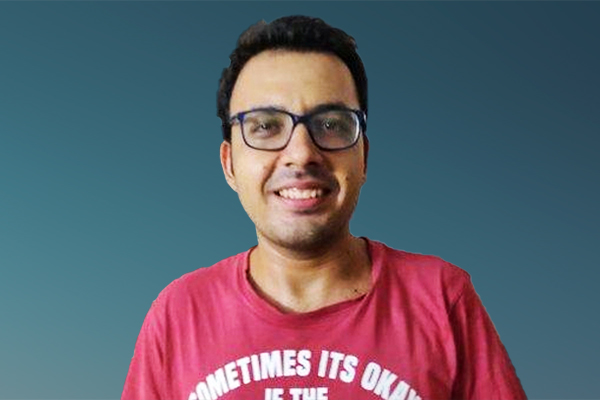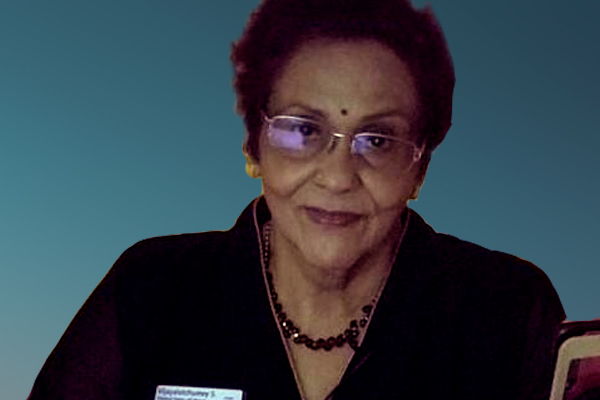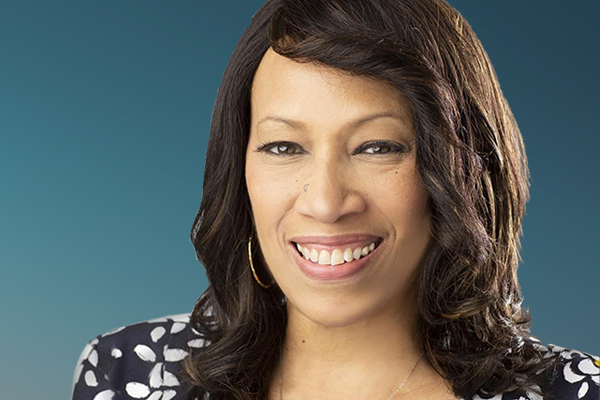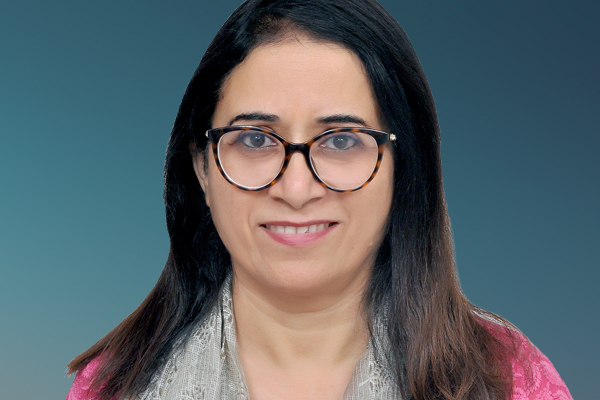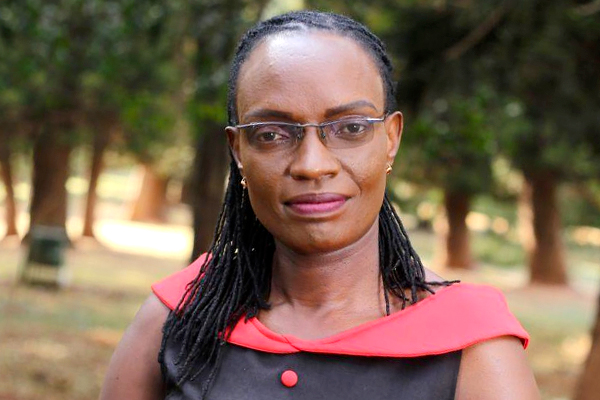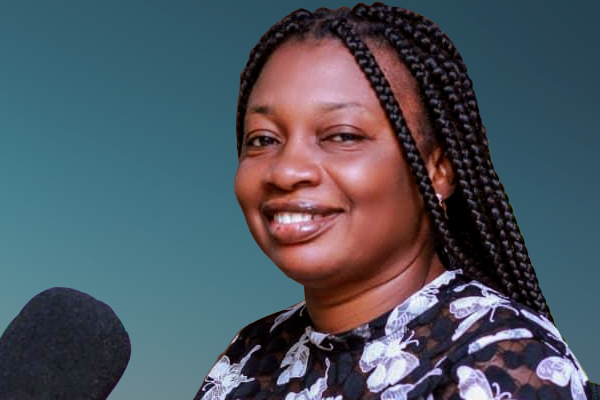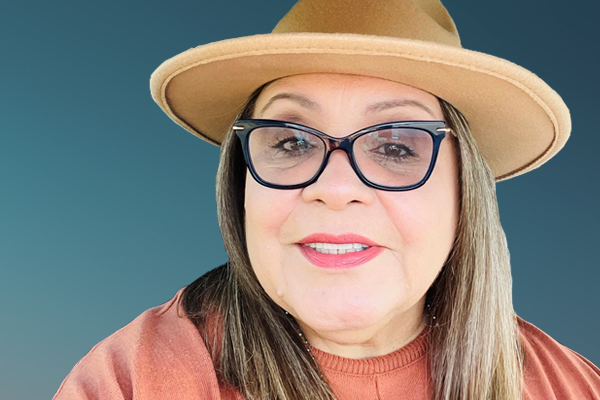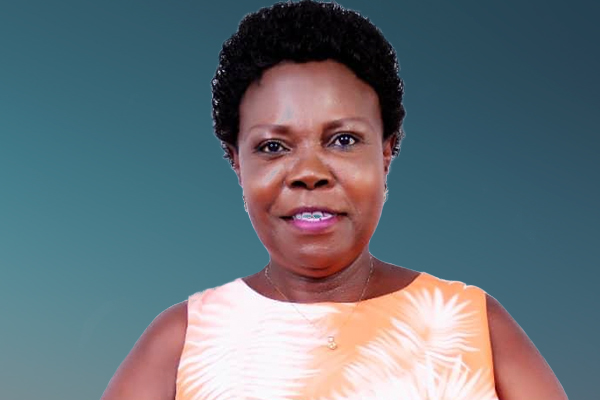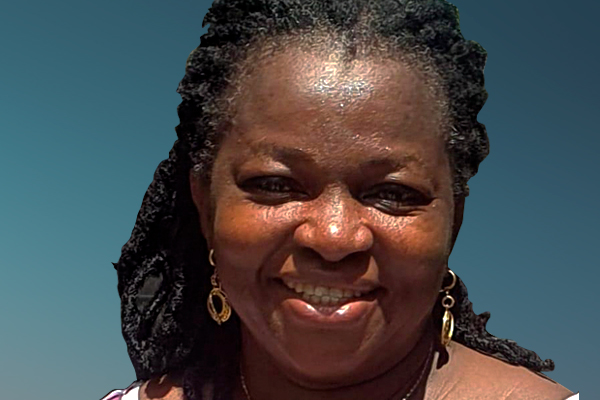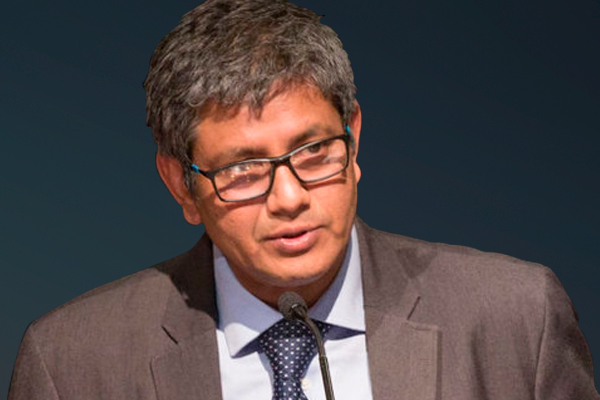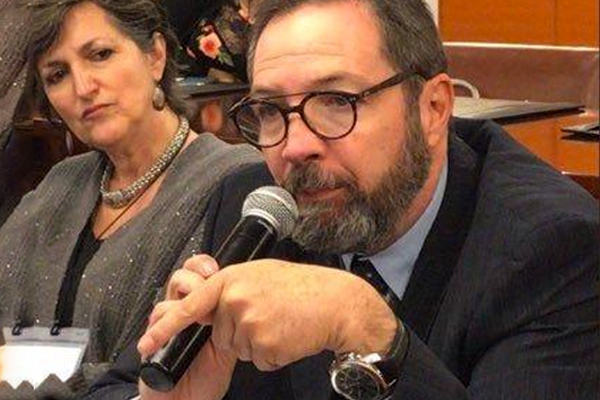My name is Joselyne Nekesa Simiyu. I come from the western region of Kenya. I am a primary caregiver for a person living with advanced stage cervical cancer.
I am an NCD advocate and I would like my diary to impact access to NCD prevention through promotion of awareness, early detection and health-promoting environments in my country.
19 October 2022
NCD Awareness: Challenges and lessons learned
In late 2021, my cousin Elizabeth was diagnosed with advanced stage cervical cancer. This came as a big shock to our family and took us time to come to terms with. Since her diagnosis, I’ve been her primary caregiver. I coordinate hospital appointments, follow up on health insurance approvals for accessing chemotherapy and use simplified language to educate her on her condition.
I became Elizabeth’s caregiver due to the unsupportive environment she faces at home, including a spouse who has never accompanied her to hospital or shown serious concern about her health. I have had to make sure that she has access to necessary information as she had very little knowledge about cervical cancer. Since I don’t have a health background, I’ve consulted friends working as healthcare providers, read articles online and joined NCD groups. I have also accompanied her to medical appointments and asked doctors about her prognosis, passing this information to her using the simplest terms possible.
In our communities, there are limited awareness campaigns on chronic diseases, although many people are taught through formal schooling. Elizabeth and others with little or no formal education have limited access to this knowledge. She had persistent pain and vaginal bleeding for a long time without getting a checkup. She felt uncomfortable sharing this information with others, including her family, because of fear of what would be said. After some time, she spoke to an external family member, but closed up after realizing this information had been shared with her daughter.
At some point, the pain compelled her to visit a local facility, where she was issued a referral note to a more specialized facility for further investigations. However, she didn't honor the referral on time because of the social stigma related to reproductive health complications, and she was worried about what people would say concerning her 'strange' condition. It took the intervention of another family member to get her to a referral hospital where she was tested and diagnosed with cervical cancer, which was advanced. Her plight represents that of many in Kenya.
There is limited awareness on NCDs and prevention in local communities. This, coupled with social stigma, affects early detection and care enrolment. During my caregiving, I have faced a recurrent challenge of acquiring, simplifying and passing information to Elizabeth regarding her condition. With the advanced stage, I also must confront helping her manage treatment expectations alongside adhering to the prescribed palliative treatment plan.
27 February 2023
Limited information and access: The plight of local communities
People living with NCDs in Kenya face a myriad of challenges when it comes to prevention. With support from NCDA-Kenya, I have been doing a lot of advocacy in my community on prevention and early detection. As a caregiver, I joined a support group that aims to educate and link communities to NCD prevention, detection and care services. Through this group, I have learned about significant challenges that people living with NCDs in my community face when it comes to prevention and early detection.
One such person is Nawate, a middle-aged man who lived with undiagnosed and untreated hypertension for over five years. Since there was limited knowledge among his family members on the condition, they resorted to traditional healing, which had resulted in no improvement in his health outcomes. Over time, he experienced and fortunately survived a stroke as a result of the untreated high blood pressure. That is when they reached out to me in order to be linked to a healthcare facility, for which they had to hold a fundraiser in order to afford his treatment. He currently has hemiparesis, and is dependent on a wheel chair for movement.
Esther, an 83-year-old woman, is another individual who also developed hemiparesis from stroke, secondary to uncontrolled high blood pressure. Progress with efforts to improve function on the affected parts has been very slow. Before this, she had been receiving medical care for other conditions, including knee replacement surgeries after living with arthritis for over ten years. This is when she was first diagnosed with hypertension. Despite these clinical encounters, no provider candidly communicated to her the status of her blood pressure, and formal mechanisms for managing it. She is now dependent on other family members for movement in and out of her house. Owing to her condition and coupled by old age, her quality of life has greatly deteriorated.
These individuals, like Elizabeth, often only seek care when symptoms have escalated and become unbearable. This must change, and NCD prevention interventions should start with appropriate knowledge dissemination, which is particularly lacking in local communities here. Then, local facilities must be equipped with the resources and health professionals to be able to provide accessible and affordable prevention and early detection services that the population greatly needs.
27 February 2023
Bridging the NCD prevention gap
Myself and many people with lived experience of NCDs in Kenya, including caregivers, face challenges when it comes to NCD prevention. As expressed through the stories I have shared, there are limited early detection services, societal stigma and discrimination, widespread misinformation and misconceptions on NCDs, financial barriers to access services, and inadequate healthcare resources and expertise required to identify and manage NCDs.
I call upon Kenya's Ministry of Health to institute the following measures, which are necessary to address NCD prevention at the community level, and ultimately the growing burden of NCDs in Kenya more broadly:
- Develop and implement a responsive community strategy for NCD prevention and early detection cross the country, primarily through training community health workers. Through county community strategy departments, the government should roll out training for community health workers on prevention and early detection of NCDs. Community health workers are key to a strong NCD prevention and early detection response as they are well established among the local communities, and they are the first point of care. Furthermore, most local communities rely on community health workers for medical guidance and education; hence empowering them with this crucial NCD-specific knowledge will be essential to increasing basic NCD literacy and awareness on the importance of prevention and early detection in communities.
- Ensure that community health facilities across Kenya have the expertise and equipment necessary for NCD screening and diagnosis. Since community health facilities are the first point of care, equipping them with the necessary resources will contribute to reducing the frequency of late NCD diagnoses, as oftentimes people must seek higher levels of care in order to receive an accurate diagnosis.
- Implement national information campaigns on NCD prevention. This can be done by utilising the existing community health infrastructure to promote public awareness on NCD risk factors and the importance of prevention and early detection. Supporting trained community health workers to carry out targeted public sensitisation will contribute to increased uptake of NCD prevention and early detection services among locals. For this measure to be successful, it is critical that the previous two proposed interventions are carried out, to ensure that this rise in demand is met by increased supply of high quality and accessible prevention and early detection services at community level.
NCD Diaries
We can only save lives tomorrow if we talk about NCDs today.
Joselyne Simiyu, lived experience of cancer, Kenya
About NCD DIARIES
The NCD Diaries use rich and immersive multimedia approaches to share lived experiences to drive change, using a public narrative framework.

